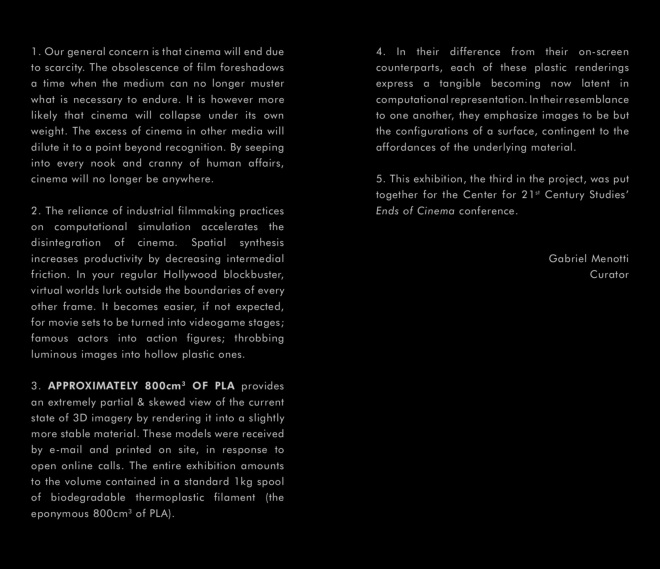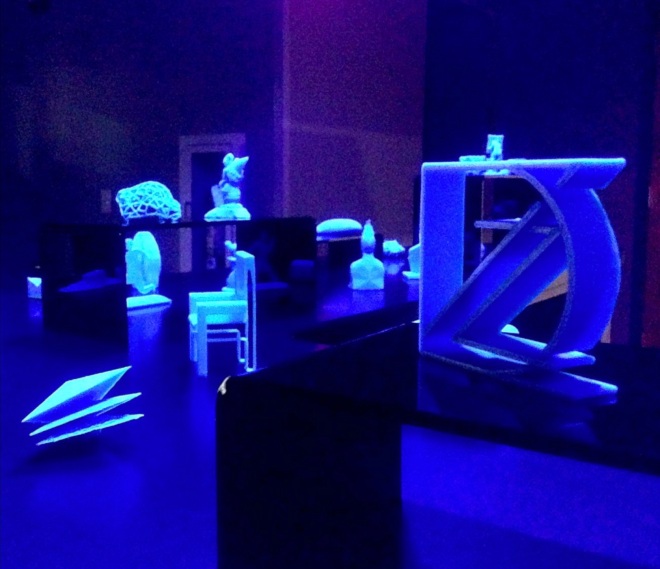
Excerpted from the Chronicle of Higher Education:
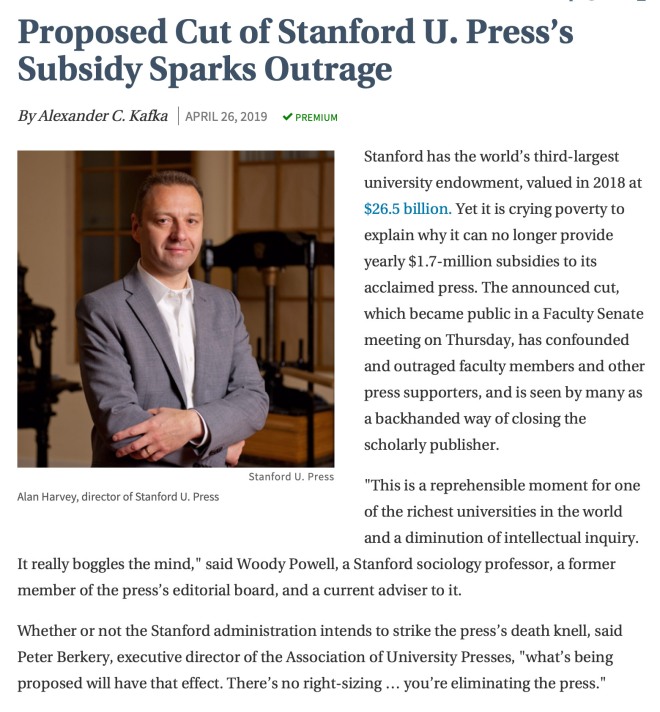
Another excerpt:
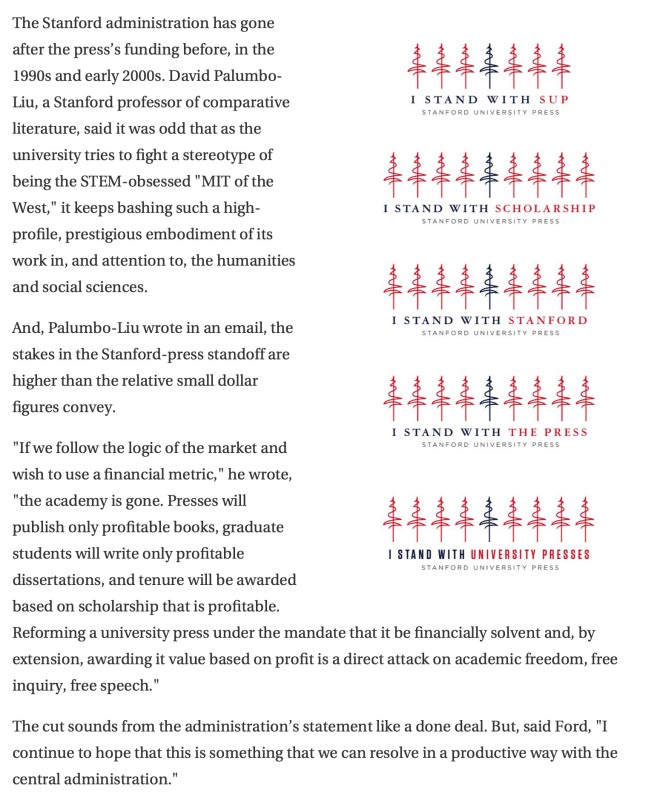
For more info, consider following my colleague David Palumbo-Liu on Twitter @palumboliu.

Excerpted from the Chronicle of Higher Education:

Another excerpt:

For more info, consider following my colleague David Palumbo-Liu on Twitter @palumboliu.
Recently, I wondered whether it was time to leave social media and reboot the blog as a space of active thinking and sharing. The jury is still out on whether that is feasible and even desirable. But I would like to use this space to post more than just upcoming talks and publications. In that spirit, I’d like to point out Yvette Granata’s 360-degree video CLONE (2017), which you can see above (but which is better viewed on a smartphone through the YouTube app, and even better with Google Cardboard or similar contraption).
On her website, Granata describes the video thus:
CLONE (HD Video, 2017) is a 360 video essay and a para-sexual design fiction. It narrates a future time after global climate collapse and mass pollution have made sexual reproduction no longer viable. Both sexual reproduction and the networked technology of the 21st century have all melted from the humidity produced by runaway greenhouse gasses. In this speculative future, a Xenofeminist world government has re-purposed the data farms of former tech companies for Mono-auto-sexual cloning clinics — the artificial wombs for the hot asexuality of the future.
I have recently been writing about this remarkable video against the background of big-budget movies about artificial women, including Her (2013), Ex Machina (2014), and Blade Runner 2049 (2017). Those movies, all of which happen to be directed by white men, are interesting meditations on, or parables of, artificial creation in an age of computer-generated imagery. But Granata’s weird video, drawing inspiration from the Xenofeminist Manifesto, goes farther than any of those movies in raising questions about the interface between gender, capital, climate change, and moving-image media.
Here is a brief snippet of what I’ve been writing:
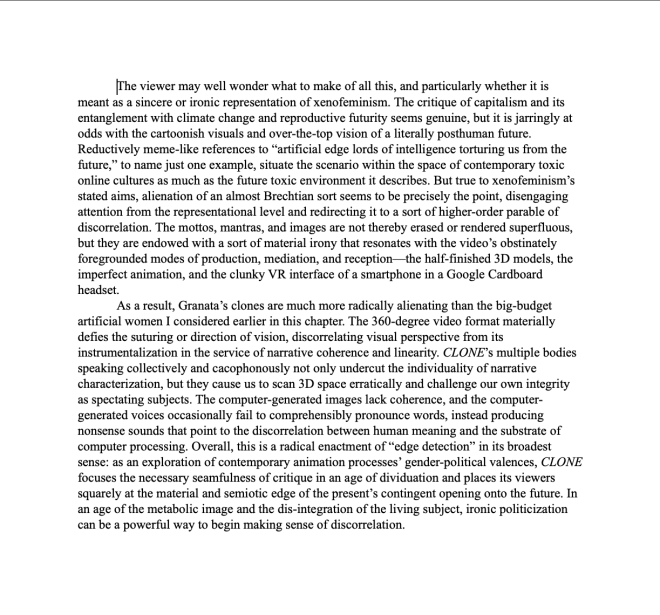
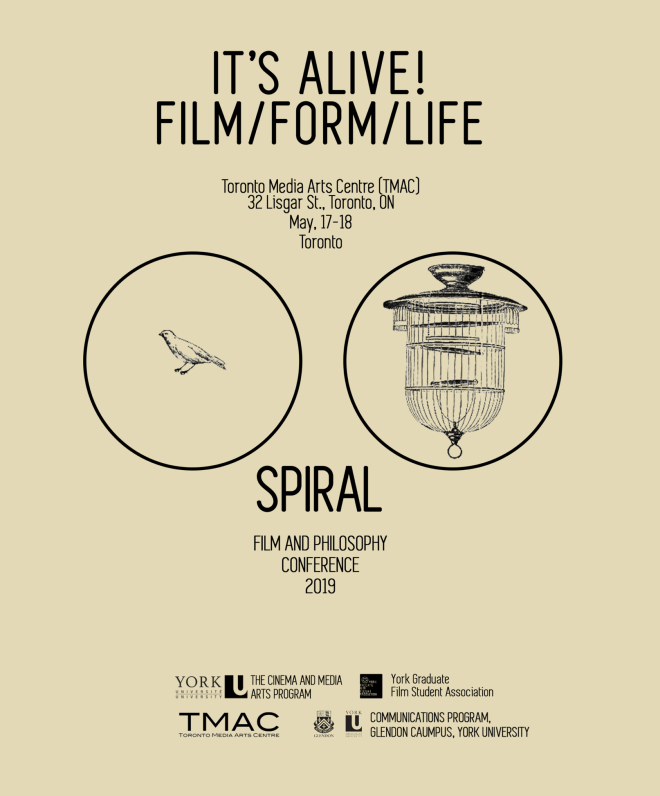
Next month, May 16-18, I will be in Toronto, where I’ll give two talks:
First, on May 16, I’ll be talking about my book project Discorrelated Images at the Cinema Studies Institute at the University of Toronto.
Then, on May 17, I will be giving a talk titled “Cinematic and Post-Cinematic Animation: Medium, Theme, Phenomenology” at the Spiral Film and Philosophy Conference (the theme of which is It’s Alive! Film/Form/Life). The full conference program is online, here: https://spiralfilmphilosophy.ca/program-2019/
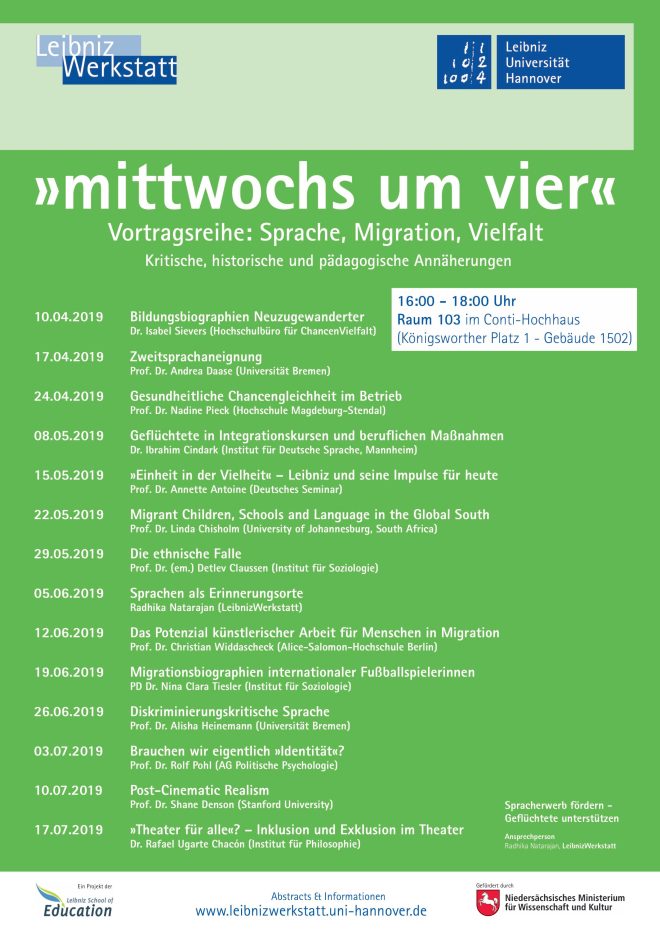
On July 10, 2019, I will be giving a talk titled “Post-Cinematic Realism” at the LeibnizWerkstatt lecture series on Sprache, Migration, Vielfalt at the Leibniz Universität Hannover. Thanks to Radhika Natarajan for inviting me!
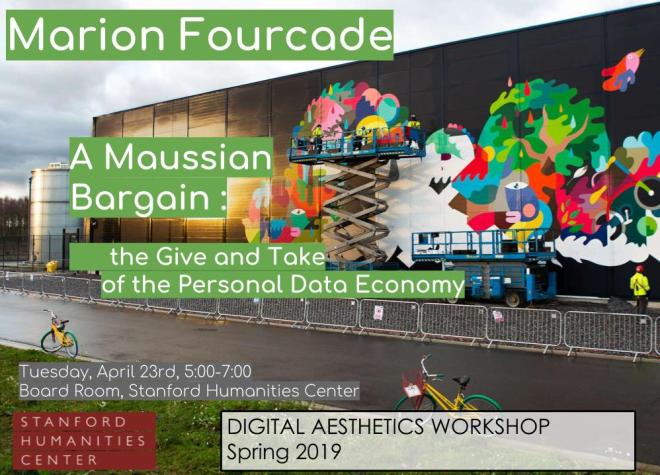
We are pleased to announce the first Digital Aesthetics Workshop event for the Spring quarter – on Tuesday, April 23rd with Marion Fourcade, Professor of Sociology at UC-Berkeley. She will be discussing Marcel Mauss, data circulation, and how to describe the strange new market our information is sold on.
“A Maussian Bargain: the Give and Take of the Personal Data Economy”
Primitive accumulation in the digital economy – in other words, the appropriation of new kinds of data about people, organizations, and things and their transformation into a form of capital – has often been described, following David Harvey, as a process of “accumulation of dispossession.” Yet how can we reconcile this argument with the fact that enrollment into digital systems often takes place in a much more benign fashion, for instance by signing up for a “free” service, or by responding to a “friend’s” invitation? Daniel Kluttz (UC Berkeley) and I draw on interviews with the designers and builders of digital systems to document the technical, political, economic and cultural conditions of the circulation of personal data. We rely on anthropological theory, specifically Marcel Mauss’s classic essay on The Gift, to conceptualize the role of non-market exchange and reciprocity in the origins of what Zuboff (2019) calls “surveillance capitalism.”
Marion Fourcade is Professor of Sociology at UC Berkeley. She received her PhD from Harvard University in 2000 and is an alumni of the Ecole Normale Supérieure in Paris, France. A comparative sociologist by training and taste, she has analyzed in her work national variations in neoliberal transitions, political mores, valuation cultures, and economic knowledge. Ongoing collaborative research with Kieran Healy looks at the rise, consolidation and social consequences of new classificatory regimes powered by digital data and algorithms. Other current projects include the microsociology of courtroom exchanges (with Roi Livne); stratification processes in the social sciences (with Etienne Ollion); and the politics of wine classification and taste in France and the United States (with Rebecca Elliott and Olivier Jacquet). Professor Fourcade’s work has appeared in American Journal of Sociology, American Sociological Review, Theory and Society, Socio-Economic Review, American Behavioral Scientist, Annual Review of Sociology, Journal of Economic Perspectives and other outlets. She is a recipient of the Lewis Coser award for theoretical agenda setting, the American Sociological Association’s Distinguished Book Award and the Ludwik Fleck prize for outstanding book in the area of science and technology studies (Society for the Social Studies of Science). Website: www.marionfourcade.org.
COMING UP in the Digital Aesthetics Workshop:
May 14th + 15th: Colloquium
May 28th: Miyako Inoue
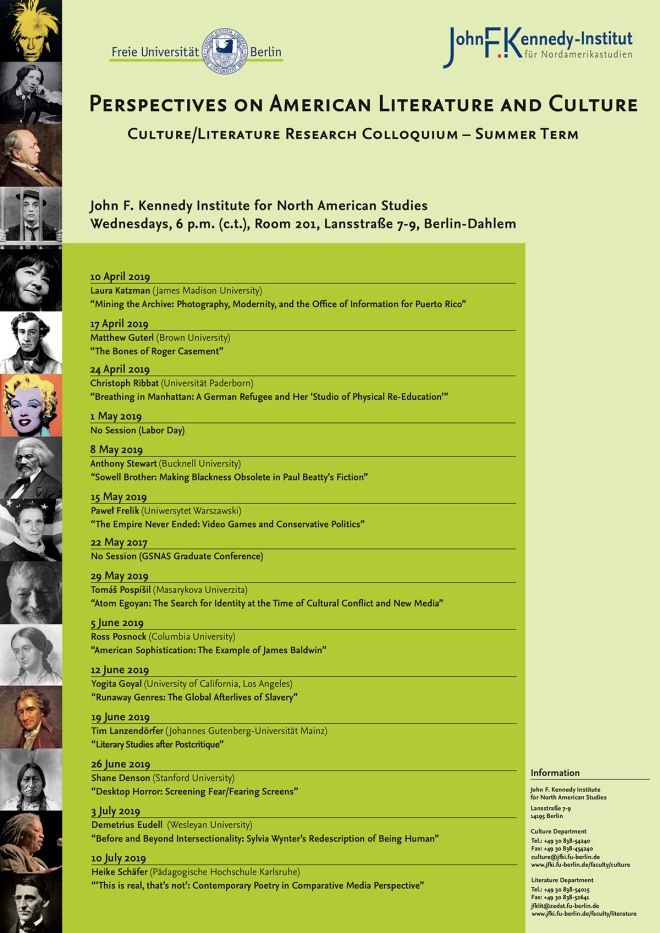
On June 26, 2019, I’ll be giving a talk titled “Desktop Horror: Screening Fear/Fearing Screens” at the Culture/Literature Research Colloquium at the JFK Institute for North American Studies, Freie Universität Berlin. Thanks to Frank Kelleter, Alexander Starre, and everyone else involved for inviting me and making this happen!
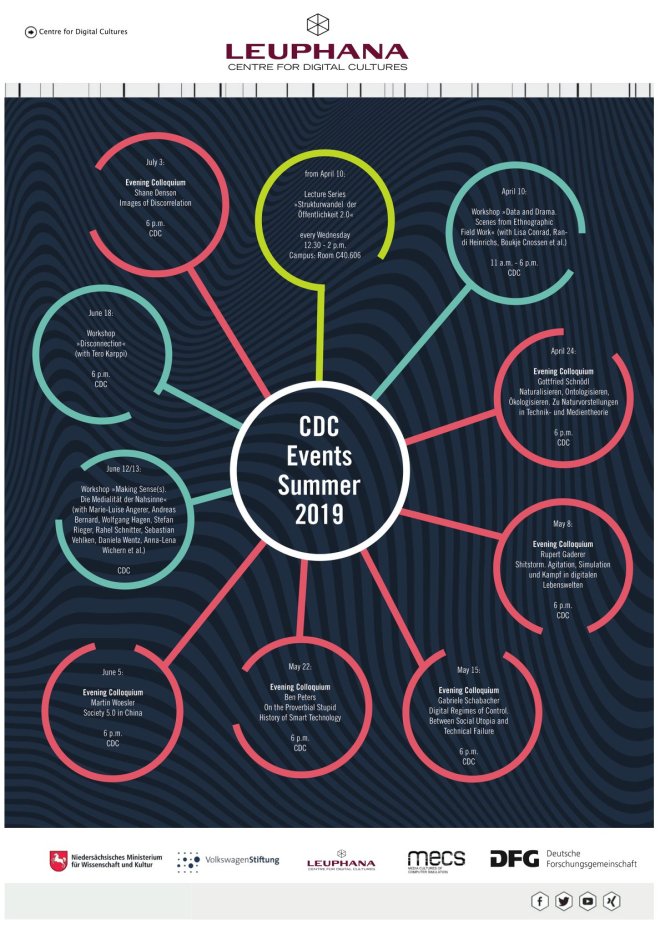
On July 3, 2019, I will be giving a talk titled “Images of Discorrelation” at the Center for Digital Cultures/Institute for Advanced Studies on Media Cultures of Computer Simulation at the Leuphana University in Lüneburg, Germany, in the context of a research fellowship I’ll be doing there this summer. Thanks to Florian Hoof, Claus Pias, and everyone at CDC/MECS for making this happen!
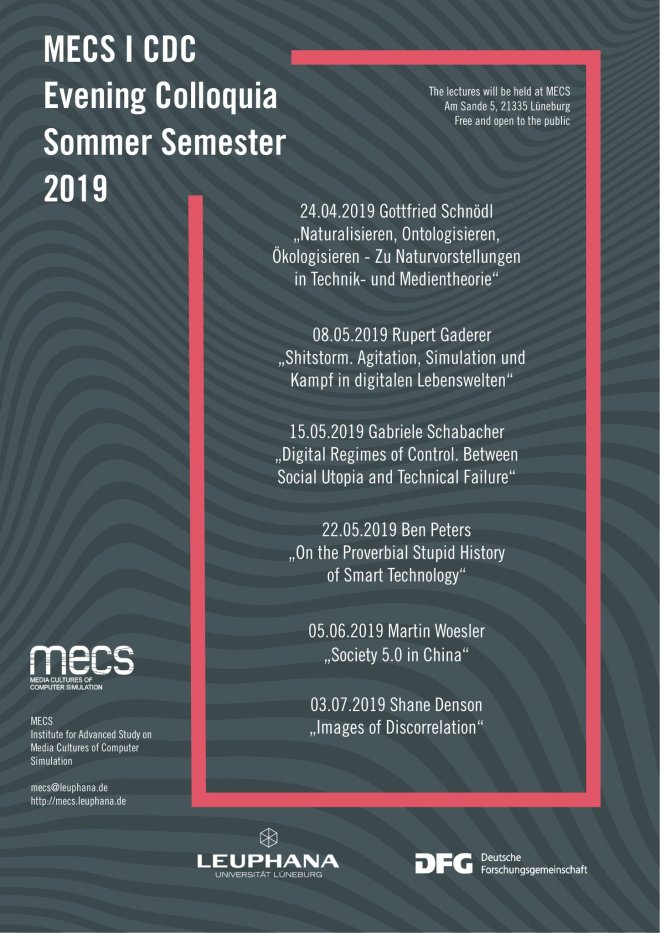
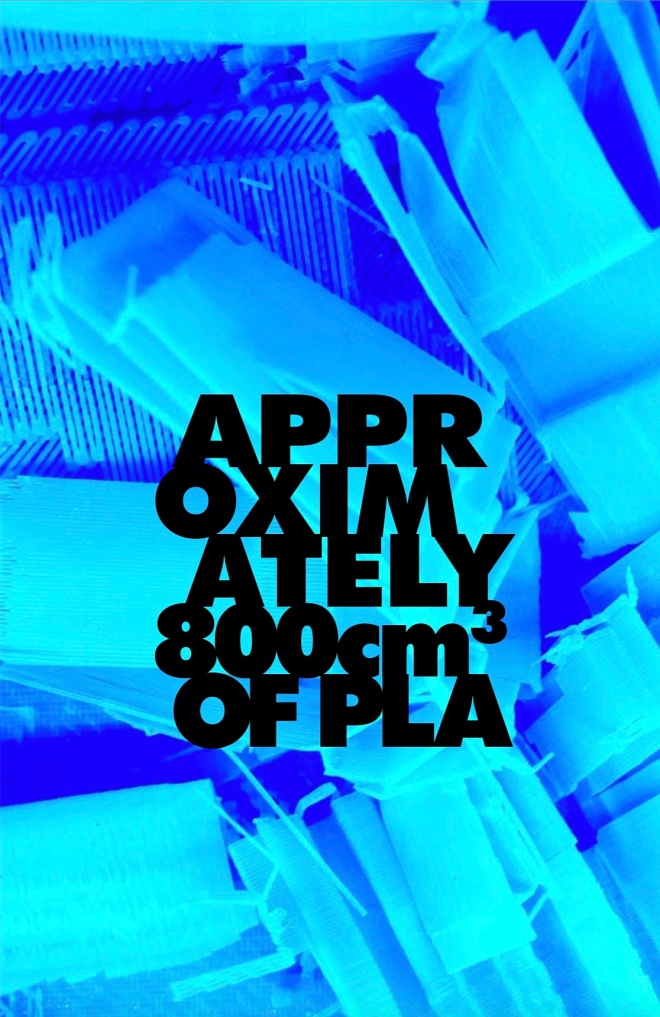
The exhibition catalog for APPROXIMATELY 800cm3 of PLA, curated by Gabriel Menotti at last year’s Center for 21st Century Studies conference on The Ends of Cinema (May 3-5, 2018 at University of Wisconsin-Milwaukee) is now online.
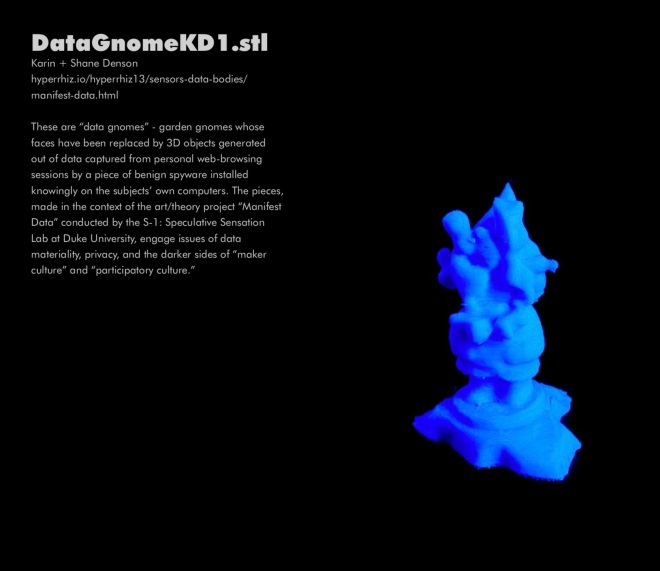
Among the pieces featured was DataGnomeKD1.stl, a generative/deformative 3D-printed garden gnome that Karin Denson and I made a couple of years ago in the context of a larger project at the Duke S-1: Speculative Sensation Lab. (You can check out our publication here.)
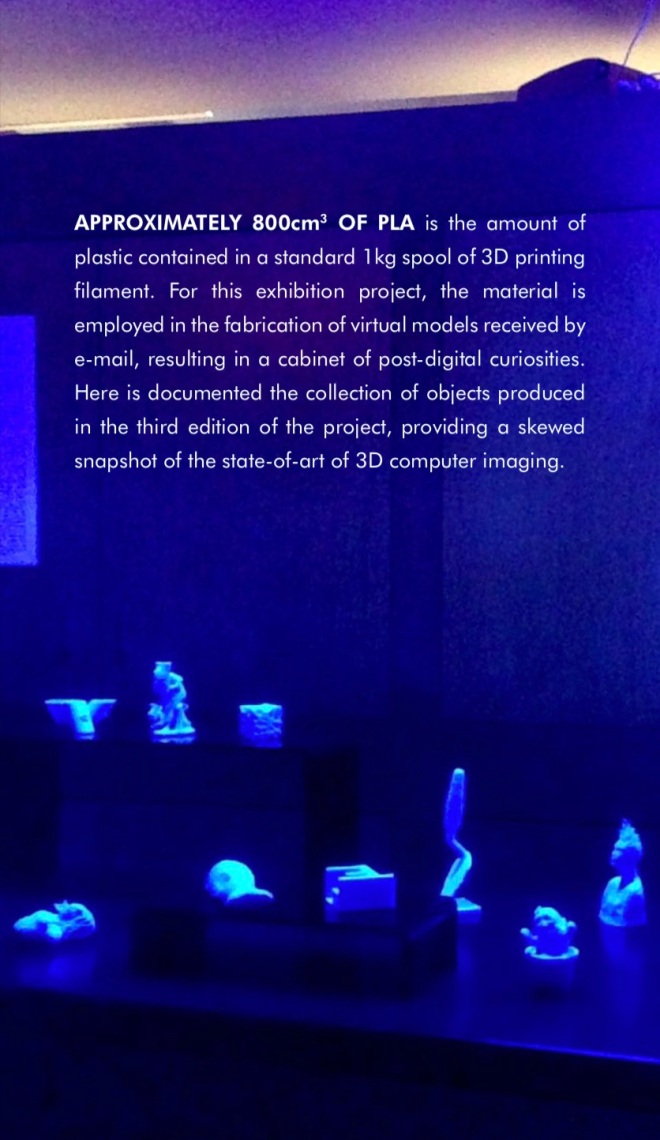
Thanks to Gabriel Menotti for putting together this playful show!
